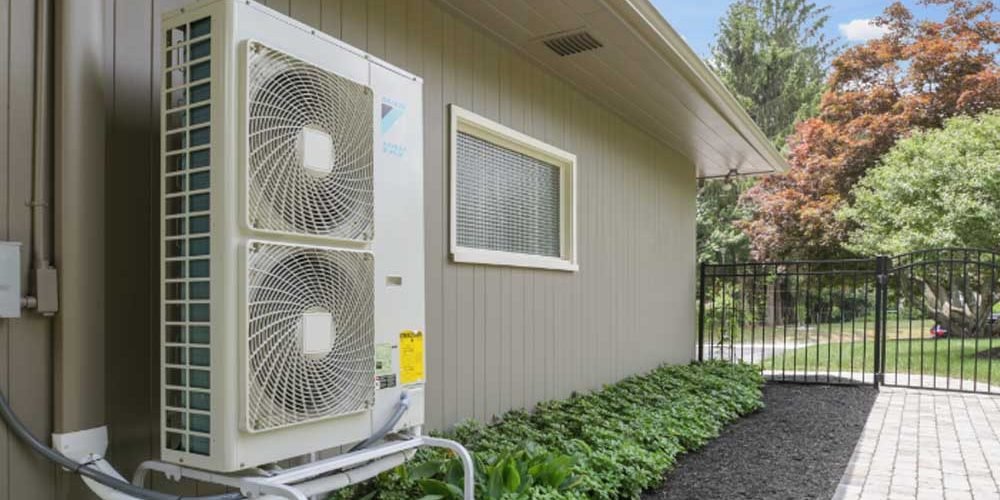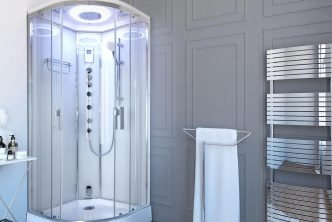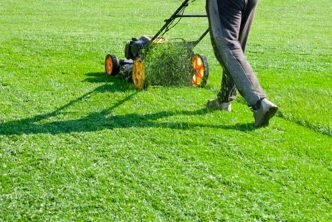Selecting an effective cooling solution for your home can be a difficult choice for any homeowner, with heat pumps and traditional air conditioning being popular options.
Here, we explore their differences as we examine whether heat pumps provide equivalent cooling effectiveness as traditional AC.
If you end up purchasing a new heat pump unit for your home, you’ll need professional help installing the unit. Finding the right HVAC company can be tricky, but it doesn’t have to be! You can click here to get in contact with HVAC technicians that offer heat pump services in Arizona.
Continue reading to get started.
Table of Contents
Do Heat Pumps Really Cool As Well as AC Units? — An Expert Overview For Homeowners
Heat pump units offer both heating and cooling functions in one device. In cooling mode, they extract heat from indoor sources to release outdoors; conversely, during winter, they reverse this process to collect it externally to provide indoor heating.
AC systems, on the other hand, are tailored specifically for cooling. They extract heat and humidity from indoor air before circulating cool air via an AC closed-loop system; separately installed equipment provides heating.
Factors Affecting Energy Efficiency
Heat pumps are known for being energy-efficient when compared with air conditioners (AC systems). Heat pumps use electricity to transfer heat, using less power while still providing effective cooling solutions – according to estimates by the United States Department of Energy, high-efficiency heat pumps can consume as much as 50 percent less electricity compared with electric furnaces with AC units!
State incentives and rebates exist that offer financial advantages to homeowners installing more energy-efficient HVAC systems like heat pumps. Such incentives and rebates may offset initial installation costs over time.
Can Heat Pumps Compete with AC Systems for Cooling Applications?
Heat pumps have proven effective cooling methods; however, their performance depends on various factors and variables.
Factors Affecting Cooling Performance
Cooling performance can be determined by factors including unit size, condition of ductwork, and airflow/circulation issues in a home’s system – ensuring that they match perfectly is key for maximum cooling capacity! The sizing of AC units according to home size also plays a part.
Also important are outdoor temperature and humidity levels; heat pumps typically perform better in temperate environments but could falter under intense heat waves or high levels of humidity.
Acknowledging these factors allows homeowners to make informed decisions based on their unique requirements while optimizing energy efficiency for long-term cost savings and comfort in hotter months.
Do Heat Pumps Cool As Well as AC Systems? — Conclusion
Heat pumps have comparable cooling capabilities to traditional air conditioning (AC). Their effectiveness depends on several variables, including outdoor climate conditions, home size, insulation quality, and airflow affecting system effectiveness.
Consultation with an HVAC expert ensures proper sizing and installation to provide optimal cooling power, with energy-saving technologies like heat pumps providing environmental advantages as well as long-term energy savings.
Hopefully, today’s blog has helped you decide whether you want to invest in a traditional AC unit or a new heat pump.





